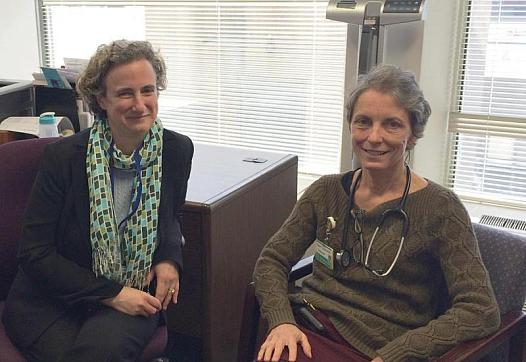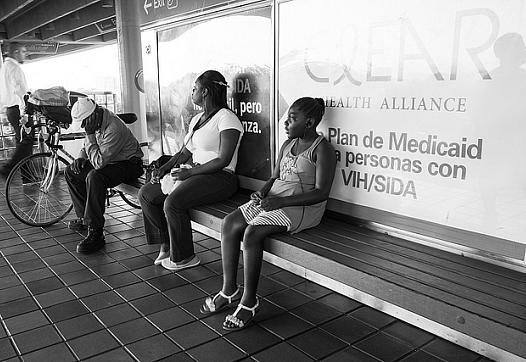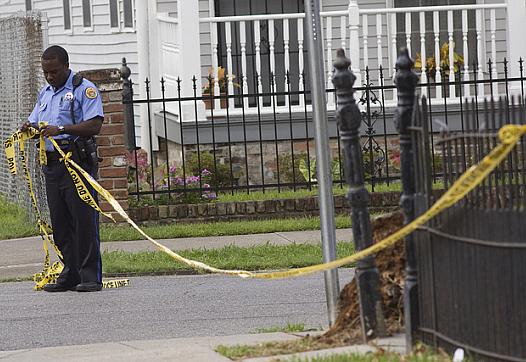
There has been a lot of rhetoric about the value of community health workers, but such programs don't always work as well as they could. Some basic guidelines could go a long way toward ensuring such workers contribute to the health of patients, particularly those with chronic diseases.







